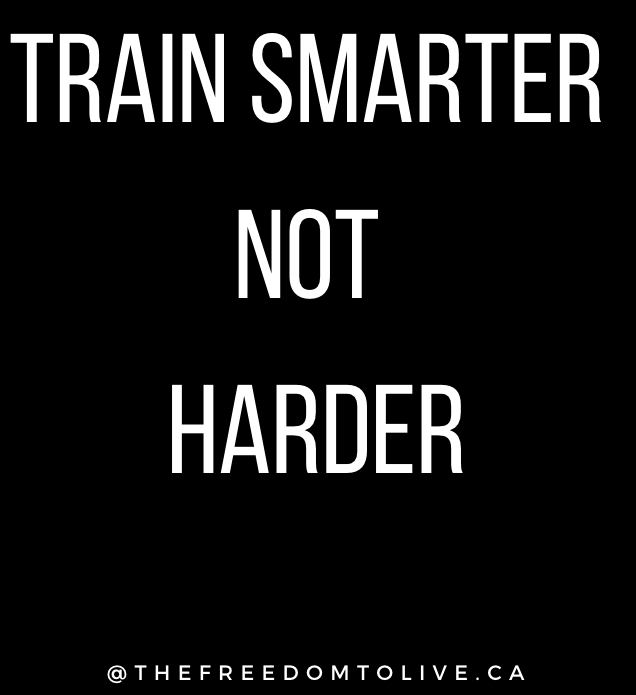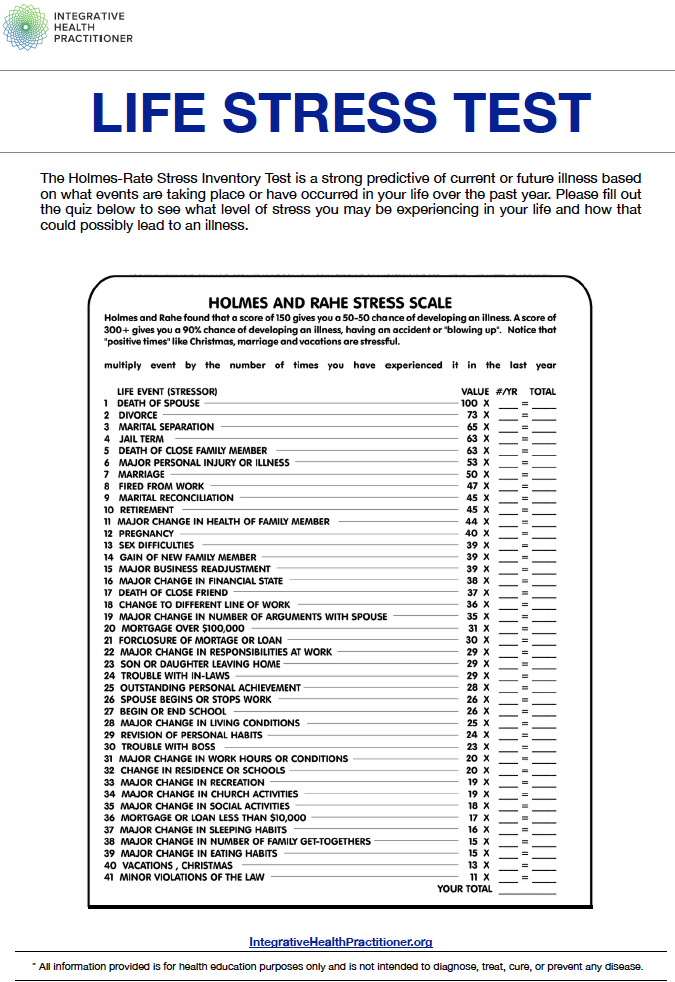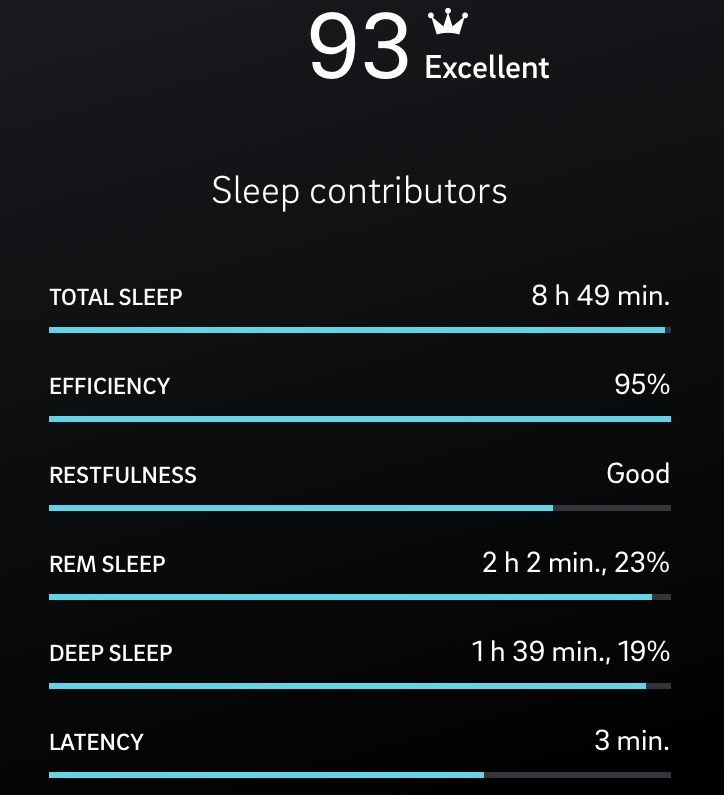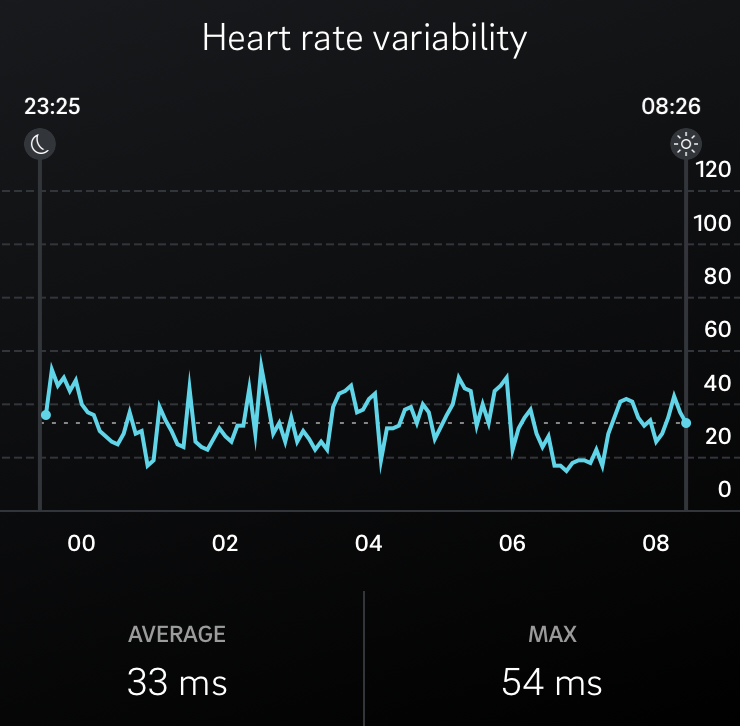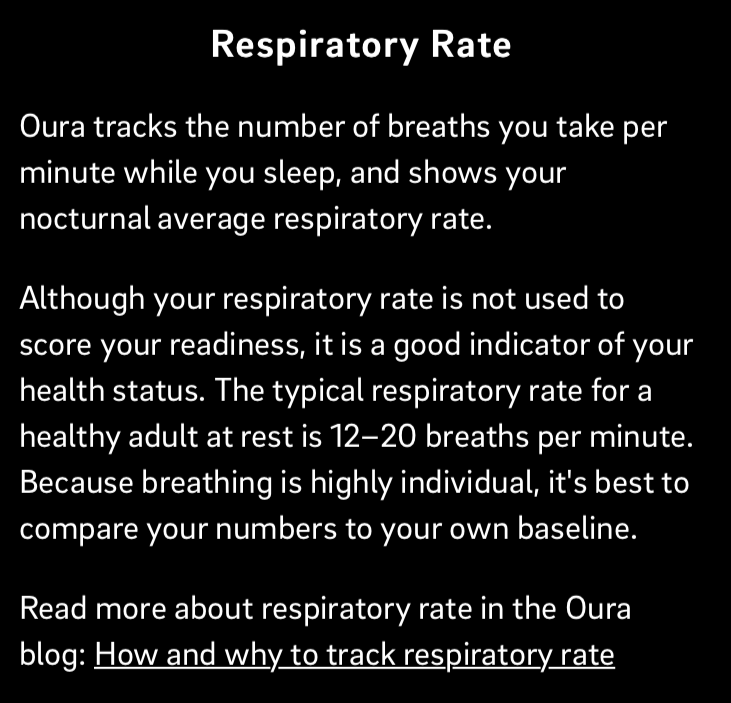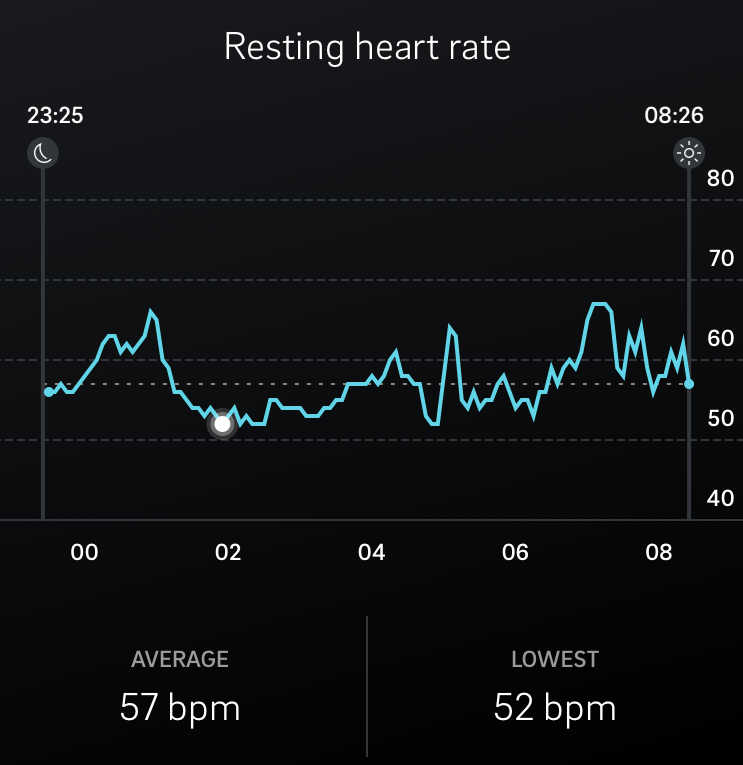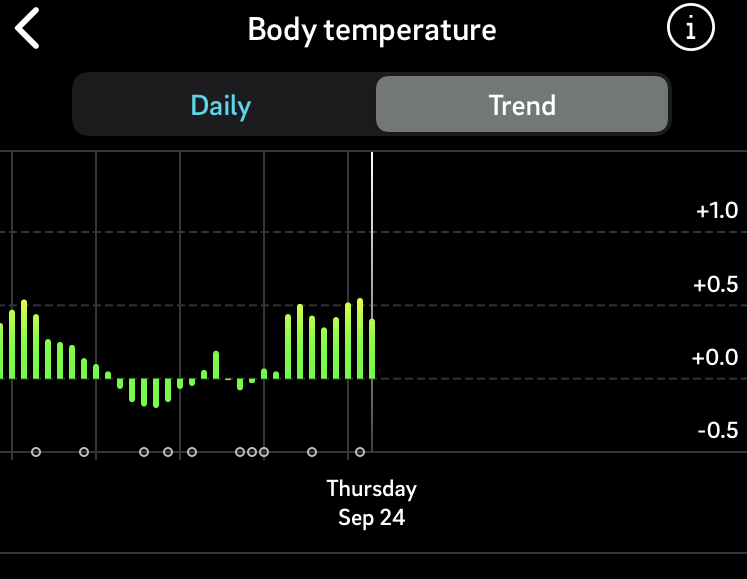I would argue that the majority of people are training Harder and not Smarter.
Living in harmony is about having more of a wholistic mindful awareness about which activities are depleting vs. rejuvenating your body and mind.
Enjoy this week's resources on How to start setting up your Smart Training Schedule.
❤️ Stephanie 🧠✨🤸♂️🌱
The Freedom to Live 5 things Friday
Every Friday, 5 things of value from the integrative health sciences.
The best of the best functional medicine, educational resources, research, quotes, books, tips, advice etc. all from the key pillars of the integrative health system.
1. Identify Your Levels of Stress
In order to rejuvenate your body, you must take in more energy than you give out for a period of time.
Develop a sense of awareness around how much energy you are giving out vs. taking in.
Evaluate your current level of stress with the Holmes-Rahe Stress Test below before you start designing your ideal Training Schedule.
What is your score?
2. What to Eat on the Smart Training Schedule?
Low calorie long term diets place more added stress on the body, so we aim for a maintenance plan of 3 whole food meals/day.
Let's be mindful of all the factors that are putting stress on our adrenals below:
3. Sleep and Recovery Tracking
Tracking the physical signs of stress is so important to see how your body is adapting.
How fast you recovery IS the Main GOAL within the Smart Training Schedule. It's about building the body up instead of breaking it down.
Clinical Signs of Stress
High resting HR/BPM (70+)
High BP (130/85+)
Low body temperature (<98 ̊)
Flu-like symptoms after exercise or stressful event
Erratic HRV
Dilated/Pinpoint Pupils
Functional Medicine Lab Testing Markers
High/Low cortisol/thyroid
High/Low electrolytes
High/Low blood sugar
High CRP, homocysteine, LDH, potassium on blood work
Gut permeability & digestive issues
See my previous episode #41 here on how to build your home Doctor's office.
Sleep and Recovery tracking with the OuraRing has been my simple solution over the last 6 months.
Each morning I wake up with a "readiness score" that is taking into consideration how much sleep, REM, DEEP sleep, bed timing, restfulness, night time body temperature, heart rate, and heart rate variability. It monitors how long it takes for my heart rate to stabilize at night which is a major indicator of recovery.
Honestly, it's been a game-changer.
See more here on HRV tracking tools, such as the Elite HRV here. (episode #26)
4. Balance Yin vs. Yang Mind and Body Activities
Which activities give you more energy (Yin) vs. deplete your energy (Yang).
Review your Holmes-Rahe Stress Test score and Assess your YIN:YANG ratio of current activities in a Day, in a week.
Yin (depleting) SNS activities
Hard, Long, Intense Workouts
Waking up to an alarm, Disturbed Sleep, Less than 7hours of sleep
Bright flashing lights, loud noise, crowds
Stuck in traffic, Running late
Getting kids ready
Arguments (work/relationships)
Gut problems,Viruses & infections
Planning social events
Anything causes pain (mind or body)
Yang (rejuvenation) PNS activities
Meditation
Walking Meditation
Binaural beats
Infrared Sauna
Gentle/medium pressure massage
Dry Brushing
Acupuncture
Playing with Children
Walking the dog
Hatha and Restorative Yoga
Hiking
Reading
Float tank
Listening to podcasts and taking notes
5. Design your Smart Training Schedule
Foundations to a Successful SMARTER Training Schedule
Reduce caffeine (wean off)
Top Stress reducing supplements: B Vitamins, Magnesium, Melatonin, and Adaptogens
Make to-do list the night before
Ideally asleep before 10:30 PM
Plan fun activities and buffer times in your week
Exercise at least every other day
Walk 10,000 steps a day outside
Meditate (even just 5-minutes a day upon waking and/or before bed)
Take a full-day off from work every week (Sunday)
This ideal workout week schedule (Advanced)
For those that are looking to maximize their time and exercise routine to balance all aspects of training.
Methods of Exercise
Walking Days = 7 (10,000 steps total per day)
Resistance Training Days = 3
Cardio Days = 2
Formal Yoga or Stretching Class = 2
Sample Weekly Schedule
Monday: Resistance training workout #1
Tuesday: Cardio workout #1 (bike, run, row, sprint, etc.)
Wednesday: Resistance training workout #2
Thursday: Gentle Yoga, Qi Gong, Tai Chi, Stretching Class, or Rest
(Infra Red, Float Tank, Foam Rolling)
Friday: Resistance training workout #3
Saturday: Cardio workout #2 (bike, run, row, sprint, etc.)
Sunday: Gentle Yoga, Qi Gong, Tai Chi, Stretching Class or Rest
This is my IDEAL Everyday athlete perfect world training week that balances soft and hard forms of movement and is perfect for almost anyone that is not competing for a specific goal (bodybuilding, powerlifting, sport specific).
Remember, it’s something to strive for even if you can only do half of what’s listed!”
I hope you enjoyed this week's newsletter/blog and don't forget to check out our brand new podcast version of the Freedom 5 weekly.
Happy Smart Training Scheduling!
Stephanie
If you would like support over the next month, 3 months, 6 months, contact us today to get started on a personalized plan to rebalance your health.
